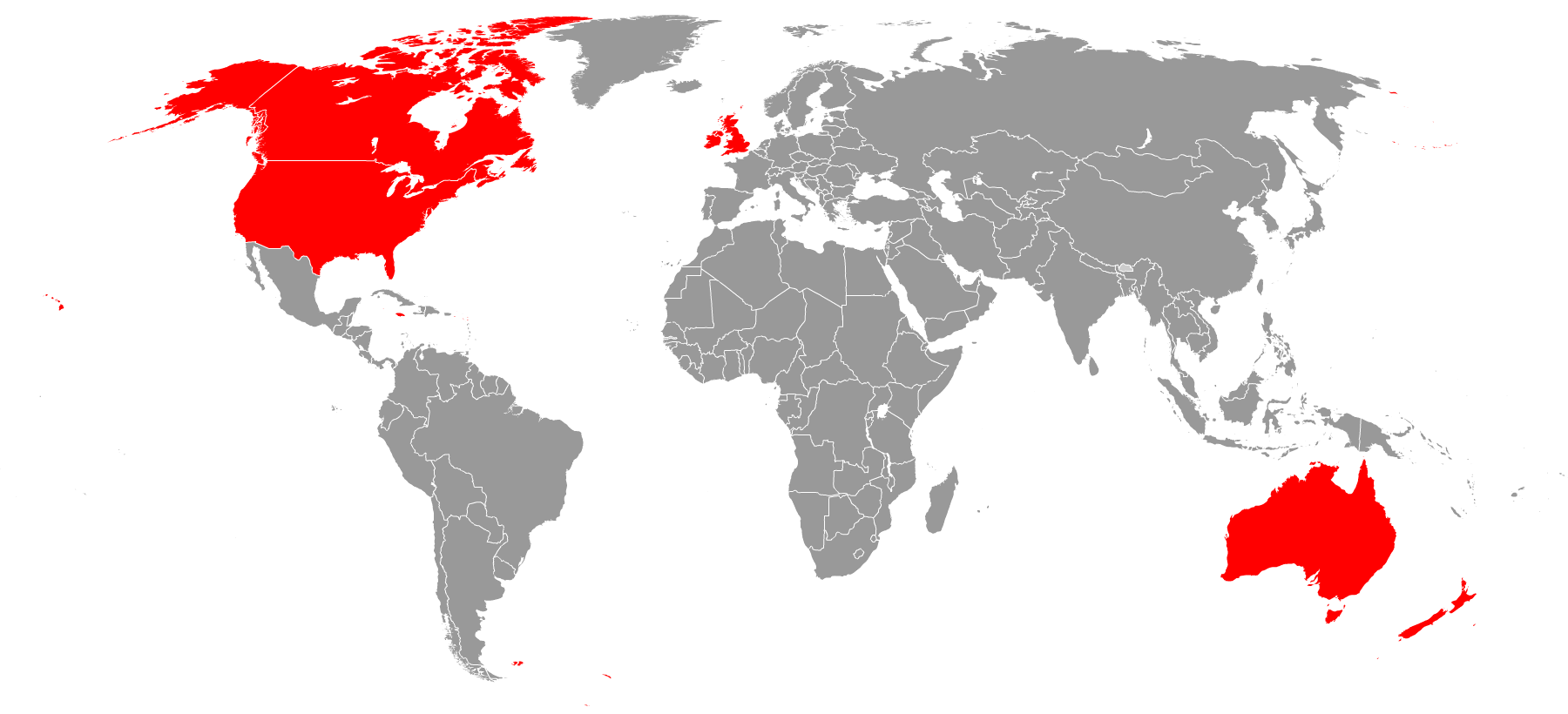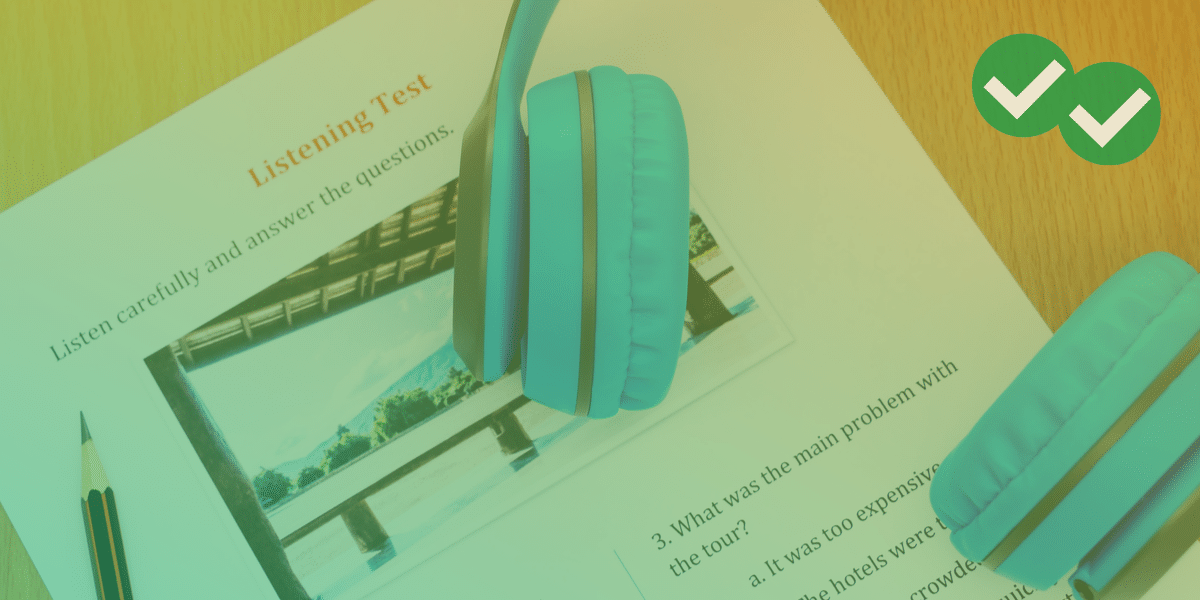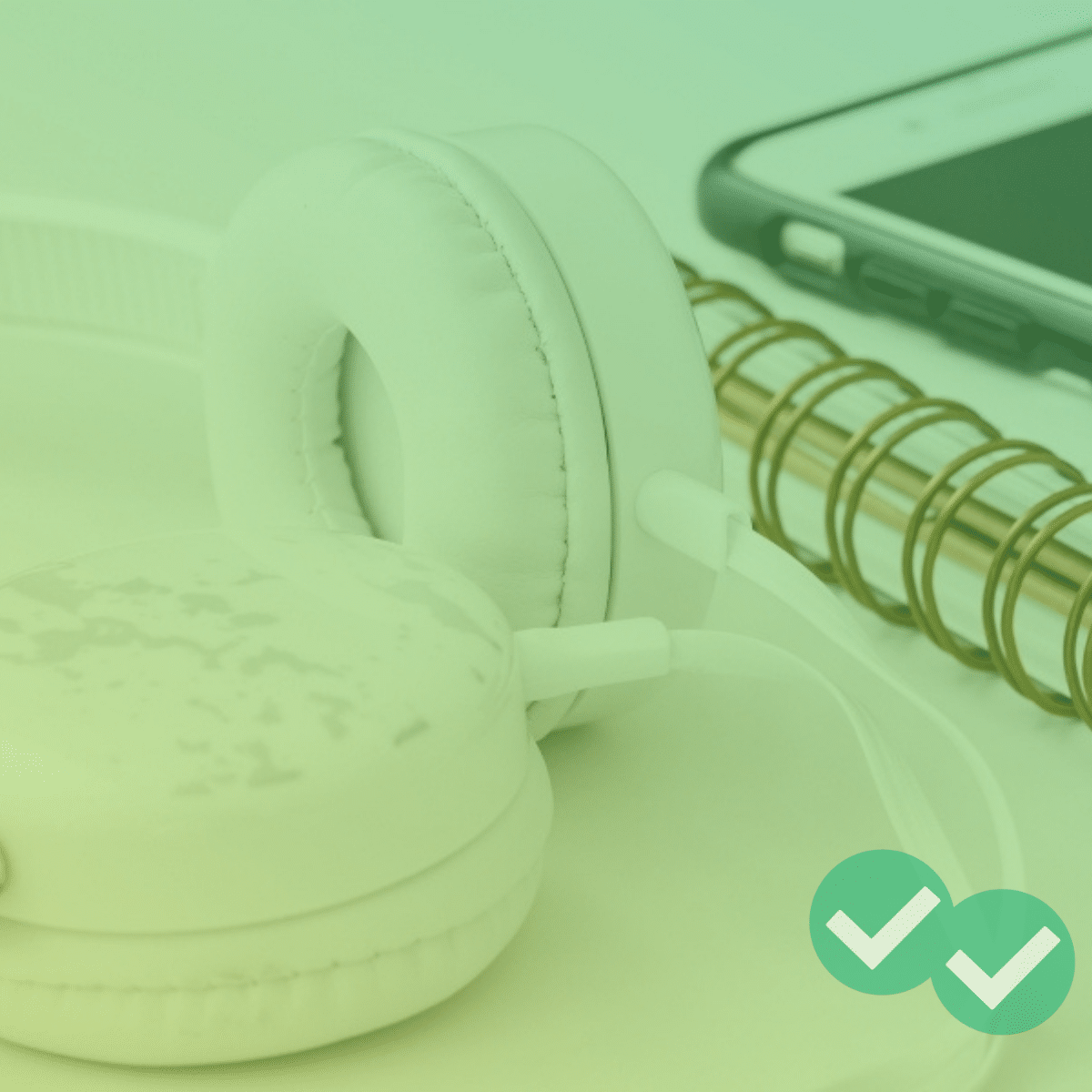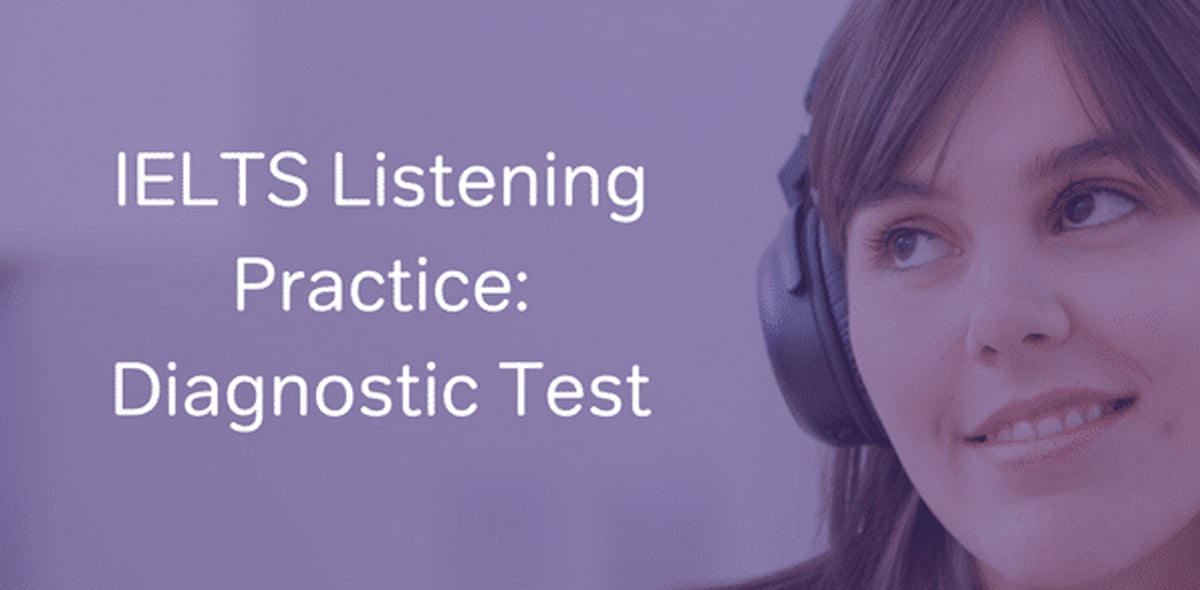IELTS Listening accents are widely varied compared to many other English exams, with speakers from the UK, Australia, New Zealand, and North America.
While these countries are known for a wide variety of accents, IELTS Listening only focuses on the “neutral” or “standard” accents of native English. So don’t worry—you won’t have to learn the Cockney, Scouser, Scottish, Welsh, or Irish accents of the UK. And in North America, you won’t have to understand Newfie, Boston, or Texan accents. And the only “down under” accents you’ll hear will be urban Australian and urban New Zealander—there won’t be any speech from Tasmania or rural New Zealand. (Still, feel free to look up samples of the other accents I mentioned if you’re curious—there’s a big world of native English accents out there!)

So what is a neutral accent?
It’s different in each country. But usually, a neutral accent is associated with just one or two cities or regions.
The UK English you hear on the IELTS will be the London standard or something very close to it. Below are a few British accent audio examples for you to familiarize yourself with.
- Documentaries on BBC Radio
- Dame Judi Dench (Received Pronunciation)
- Benedict Cumberbatch (Received Pronunciation)
- International Dialects of English Archive (IEDA) (England 72)
The Australian English IELTS accent will all be in the General Australian accent. This is the Australian you’ll hear in places like Sydney. It’s also the accent of most famous Australian actors—think Hugh Jackman or Margot Robbie.
The North American IELTS accent reflects the US standard rather than the Canadian standard. Most of the North Americans sound like they are from the Midwest or California, the two standard-bearing regions for English in the USA. If you hear a Canadian accent on the IELTS, it will probably be a Vancouver or Toronto accent. These accents are very USA-like.
This brings us to a special case on the IELTS: the New Zealand accent. Due to New Zealand’s small size and geographic isolation, New Zealand English has a lot of unique features. The IELTS chooses not to show New Zealand English in all of its uniqueness. Instead, NZ speakers on the IELTS have unusually neutral accents by “Kiwi” standards. A New Zealand IELTS accent is closer to standard Australian, rather than real New Zealand English.
The Dominance of British English on the IELTS
While IELTS Listening accents are diverse, British English is the most common. You’ll hear British accent audio on every IELTS Listening track. Solo speeches in IELTS Listening are always given by British speakers. IELTS Listening conversations will always have at least one British speaker and sometimes more than one.
IELTS conversations with non-British speakers will also include British accent audio. You might hear a British college student talking to an American professor, or hear a three-way conversation between a British speaker, an Australian, and someone from the USA.
IELTS Listening Accents: The Takeaway
As you prepare for IELTS Listening, get ready to hear a lot of standard British English. Also be ready to switch between different accents rapidly. To do well on IELTS Listening and avoid being surprised or distracted, you’ll need to listen to two or three distinctly different accents at once.






Leave a Reply